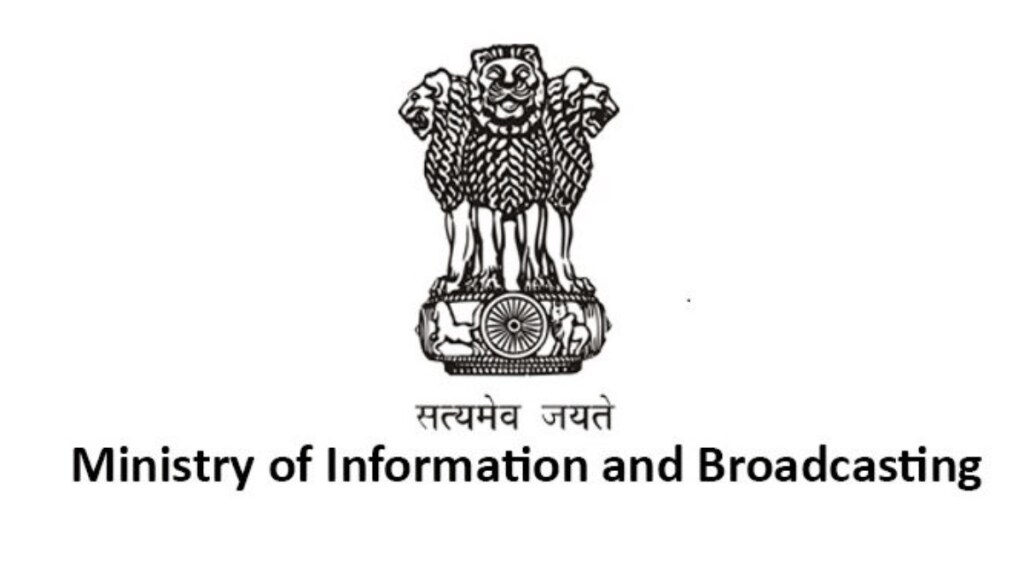Ministry of Information and Broadcasting, Government of India has proposed a draft Broadcasting Services (Regulation) Bill, 2023. The draft Bill provides for a consolidated framework to regulate the broadcasting services in the country and seeks to replace the existing Cable Television Networks (Regulation) Act, 1995 and other policy guidelines currently governing the broadcasting sector in the country.
With the digitisation of the broadcasting sector, especially in cable TV, there is a growing need to streamline the regulatory framework, involving ensuring ease of doing business and enhancing adherence to the Programme Code and Advertisement Code by the broadcasters and Distribution Platform Operators. Recognising the need for a more cohesive approach, the existing fragmented regulatory framework is required to be replaced with a new, comprehensive law.
The Bill streamlines regulatory processes, extends its purview to cover Over-the-Top(OTT) content and digital news, and introduces contemporary definitions and provisions for emerging technologies. It seeks to provide content evaluation committees and a broadcast advisory council for self-regulation, different program and advertisement codes for different broadcasting network operators, accessibility measures for persons with disabilities, statutory penalties, etc.
The Bill comprises six chapters, 48 sections and three schedules.
The bill address a long-standing need to consolidate and update the regulatory provisions for various broadcasting services under a single legislative framework, streamlining the regulatory process, making it more efficient and contemporary. It extends its regulatory purview to encompass broadcasting over-the-top (OTT) content and digital news and current affairs currently regulated through the IT Act, 2000 and regulations made there under.
Furthermore, the bill introduces comprehensive definitions for contemporary broadcasting terms and incorporates provisions for emerging broadcasting technologies while enhancing self-regulation with the introduction of ‘Content evaluation committees’ and evolves the existing Inter-Departmental Committee into a more participative and broader ‘Broadcast Advisory Council’.
Additionally, the bill would allow for a differentiated approach to programme and advertisement codes across various services and require self-classification by broadcasters and robust access control measures for restricted content. Moreover, the bill addresses the specific needs of persons with disabilities by providing enabling provisions for the issue of comprehensive accessibility guidelines. The draft Bill introduces statutory penalties such as advisory, warning, censure, or monetary penalties, for operators and broadcasters. Provision for imprisonment and/or fines remains, but only for very serious offences, ensuring a balanced approach to regulation.
The bill also includes provisions for infrastructure sharing among broadcasting network operators and carriage of platform services. Further, it streamlines the Right of Way section to address relocation and alterations more efficiently, and establishes a structured dispute resolution mechanism. Monetary penalties and fines are linked to the financial capacity of the entity, taking into account their investment and turnover to ensure fairness and equity.

